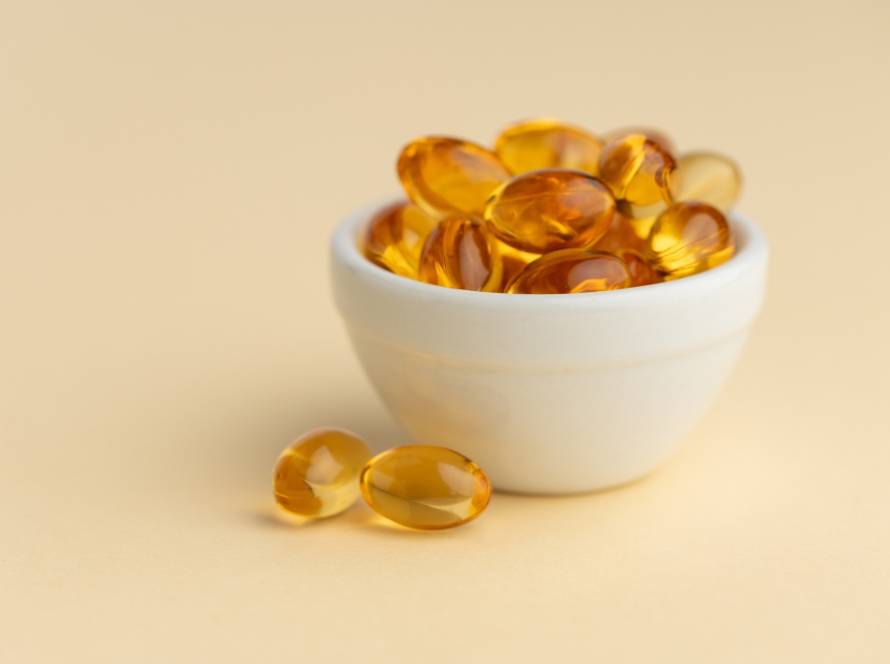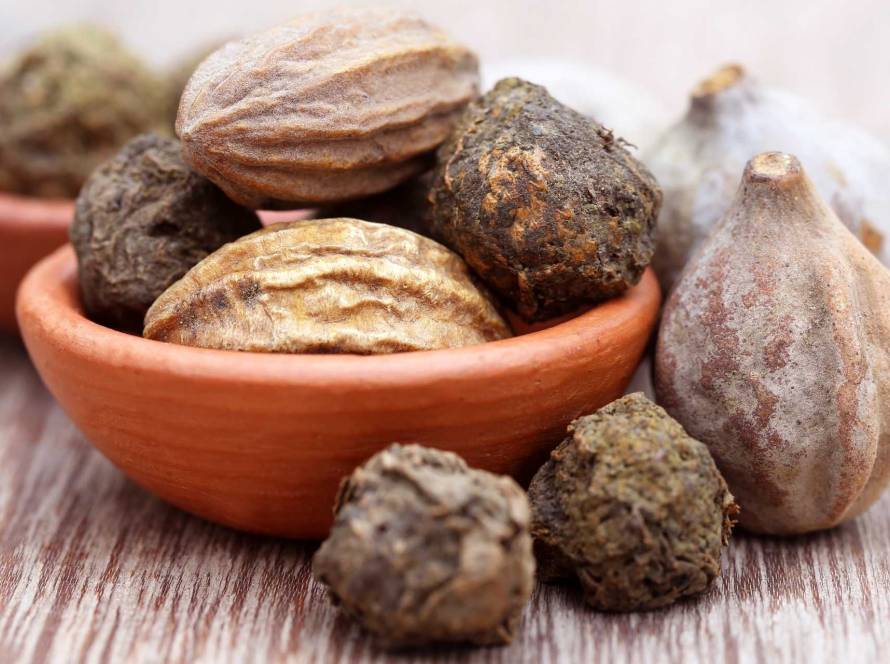Obesity rates have nearly tripled since 1975 and 2016. Experts predict that by 2030, almost half of U.S. adults will be obese. Scientists looking for ways to help people lose weight have started to get into resveratrol dosage for weight loss, a promising polyphenol that naturally occurs in red wine, grapes, peanuts and berries.
This piece dives deep into the science behind resveratrols weight loss properties. Learn about the best dosage guidelines and ways to maximize its benefits.
Understanding resveratrols weight loss effects
Resveratrol, discovered in 1940, is a remarkable polyphenol that affects multiple metabolic pathways in the body. Research shows how it helps manage weight through various biological mechanisms.
How resveratrol affects metabolism
Resveratrol works like calorie restriction to influence metabolism. Studies show it reduces sleeping metabolic rate and helps improve metabolic flexibility, our bodys natural ability to switch between energy sources quickly.
This compound turns on the AMPK-SIRT1-PGC-1α pathway, which is vital to improve mitochondrial function. The livers fat content decreases while muscle lipid content increases, which suggests better fat use in muscle tissue.
Key mechanisms behind fat reduction
Scientists have found several ways resveratrol helps reduce fat:
- Stops new fat cells from forming;
- Makes mature fat cells die off;
- Shrinks fat cell size.
Resveratrol targets fat metabolism through multiple pathways. Studies show fat cells show less triglyceride buildup when resveratrol activates fat breakdown. It also reduces how much fat tissue can absorb fatty acids by blocking lipoprotein lipase activity.
Our body generates more heat and turns white fat into brown fat when taking resveratrol, which burns more energy. The AMPK-SIRT1-PGC-1α pathway makes this happen and helps improve insulin sensitivity while reducing fat tissue.
Resveratrol works best when combined with lifestyle changes. Studies show our gut bacteria also change with resveratrol, which might help with weight management by increasing good bacteria and keeping your gut barrier strong.
Scientific evidence for weight loss benefits
Recent meta analyzes of clinical trials have shown strong evidence about how resveratrol affects weight management. Clinical trials show different timelines for resveratrols effects. After 30 days of supplements, people saw:
- Blood pressure drop by about 5 mmHg;
- Better insulin sensitivity;
- Improved blood sugar control.
The largest 90-day study with metabolic syndrome patients showed clear improvements in:
- Total body weight;
- Body mass index;
- Fat mass;
- Waist size.
Some studies show that lower doses (200mg or 500mg) worked better than higher amounts when taken for more than 12 weeks.
Optimal resveratrol dosage guidelines
The right resveratrol dosage depends on several personal factors and safety guidelines, according to extensive clinical research. Let’s get into science backed recommendations that will help you supplement optimally.
Starting dose recommendations
The European Food and Safety Authority in 2016 concluded that 150 mg/day is a safe dosage of resveratrol. New users should watch how their body responds before taking more.
Maintenance dosage levels
After your body adjusts, daily maintenance doses usually fall between 250-1000 mg. Clinical trials show good results within this range:
- 250-500 mg daily: Works well for general metabolic health;
- 500-1000 mg daily: Helps with targeted weight management;
- 1000-1500 mg daily: Higher doses used in specific cases.
Research associates doses between 150-1500 mg with body mass index (BMI). If you have a BMI of 23, your standardized daily dose ranges from 2.1 mg/kg (low dose) to 21.4 mg/kg (high dose).
Maximum safe limits
Scientific data shows clear safety boundaries for resveratrol intake. Studies reveal that resveratrol has low toxicity and people tolerate it well up to 5 grams daily. Staying within recommended limits remains significant to avoid side effects. Clinical trials have shown that up to 1000 mg daily is generally safe for 3 months.
Maximizing weight loss results
You need a smart strategy to realize the full potential of resveratrol for weight loss. The right mix of supplements and lifestyle changes can lead to better results, according to research.
Combining with exercise
Exercise makes resveratrol work better in several ways. Our body stores less fat and burns more of it when you exercise regularly while taking resveratrol. Weight training boosts resveratrol’s effects on:
- Mitochondrial function;
- Muscle metabolism;
- Fat oxidation rates.
Dietary considerations
The right diet plays a vital role in getting the most from resveratrols weight loss benefits. Research shows better results when people combine resveratrol with specific eating patterns. A low calorie diet kicks mitochondrial oxidation into high gear and works well with resveratrols effects on metabolism..
Studies explain which food combinations help your body absorb more resveratrol:
- Healthy fats make resveratrol more available to your body;
- Taking it with meals helps absorption.
Best ways to take resveratrol
The right way to take resveratrol makes a big difference in how well it works for weight management. You’ll get the most out of this polyphenol supplement by knowing the best timing, forms and ways to help your body absorb it.
Timing your doses
Research shows that taking resveratrol with meals, especially those with healthy fats, improves its absorption rate. Studies reveal that smaller doses throughout the day work better than one large dose.
The key to success is consistency, a regular dosing schedule will give you the best long term benefits.
Absorption enhancers
Your body absorbs resveratrol better with a few helpful additions. Pairing resveratrol with dietary fats helps absorption significantly. Foods like avocados, nuts and olive oil help get more resveratrol into your bloodstream.
Black pepper contains piperine which boosts resveratrol levels in your blood. Research shows piperine slows down how quickly your body breaks down resveratrol, so it stays active longer.
Safety and precautions
Resveratrol shows promise for weight loss, but knowing its safety profile and how it interacts with other substances is vital for safe supplementation. Research that’s years old has given us clear guidelines about dosage limits and safety measures.
Common side effects
At recommended doses between 150-1000 mg daily, people tolerate resveratrol well. Higher doses can cause some reactions:
- The biggest problems at doses above 2500 mg are digestive issues including:
- Nausea;
- Diarrhea;
- Stomach discomfort.
Taking more than 2500 mg daily can lead to serious issues like liver problems and vomiting.
Drug interactions
Resveratrol interacts with medications of all types through its effects on enzyme systems. You should watch out for interactions with:
- Blood thinners (increased bleeding risk);
- Blood pressure medications;
- Cancer treatments;
- MAOI antidepressants;
- Antiviral and antifungal medicines.
According to studies, resveratrols effect on CYP3A4 enzyme activity can change how medications work in your body. This is a big deal if you take multiple medications.
Our success with weight loss depends on how we implement the strategy. Resveratrol supplements work best when combined with regular exercise, good nutrition and steady sleep patterns. On top of that, it helps to spread smaller doses throughout the day with healthy fats to boost absorption.
Resveratrol proves to be a powerful tool to manage weight as part of a complete approach. Research confirms it can boost metabolism, cut down fat buildup,and support your body’s metabolic health. These benefits make it a valuable addition to proven weight loss strategies.
Read more about:


